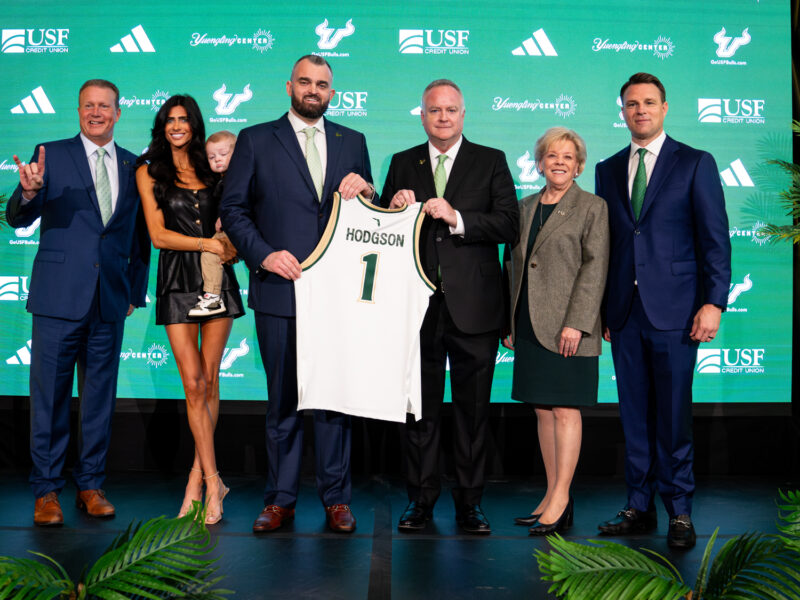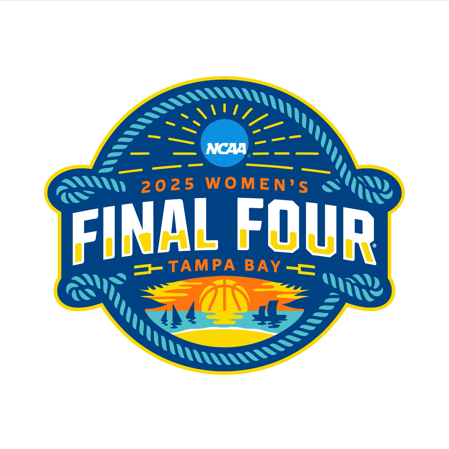U.S. ambassadors, journalists and a three-star general will make their way to USF St. Petersburg this week, opening conversation on issues from abroad and at home.
The Conference on International Affairs comes to Harbor Hall March 28 and 29. The civic-minded non-profit St. Petersburg in the World, lead by retired U.S. Ambassador Doug McElhaney, organized the event.
“It was not for academics or diplomats or anybody to sort of strut their stuff; it was done for educational purposes for the local people, and that was the stated goal,” McElhaney said.
The conference grew substantially each year with public interest and today is the largest of its kind with topics ranging from the “DIY Hipster Economy” to the future of energy. It boasts discussion panelists such as Ted Turner and Arianna Huffington. Roger Ebert, an avid supporter of the conference, was quoted for saying the conference was the first place he had ever heard feminism, black power, gay rights and a powerful discussion about the Internet.
McElhaney was a panelist at the conference last year. He now lives in St. Petersburg after retiring in 2007 from being a U.S. ambassador to Bosnia and Herzegovina.

His committee is built on the belief that an informed public is crucial to a democratic society. They began planning the conference a year ago, calling on friends from Washington, D.C. and beyond to speak about issues they care about. McElhaney explained the committee was developed “on a shoestring,” with all speakers coming to St. Petersburg on their own dime.
“It’s different from people reading prepared statements and articles,” said Thomas Smith, director of USFSP’s Honors Program, which is co-sponsoring the event.
“The idea behind the conference is to bring together people who don’t usually talk to each other about international affairs on a panel and see what transpires,” he said, emphasizing the freewheeling atmosphere of the event.
The two-day event offers a broad selection of nine topics ranging from the America’s energy policy to the future of world recession.
While it was suggested that McElhaney market the event by gimmicks or bringing in a celebrity to garner attention, that wasn’t what he was looking for.
“Famous people have a whole lot of reason not to be frank about some things. What I want is for people on panels to talk openly about different issues — about energy efficiency, about Latin America, about diplomacy — because that’s how people can really get a peek into stuff.”
Admission is free; at least 200 seats will be available on first-come, first-serve basis. McElhaney recognizes students have class but welcomes them to drop in during discussions throughout the day. Audience participation is encouraged, with time set aside for questions and comments to open up the discussion.
The conference began in 1948 in Boulder, Colo., as the Conference on World Affairs, by a University of Colorado Boulder professor who wanted to expand the public knowledge of the 20,000 citizens in the city.


